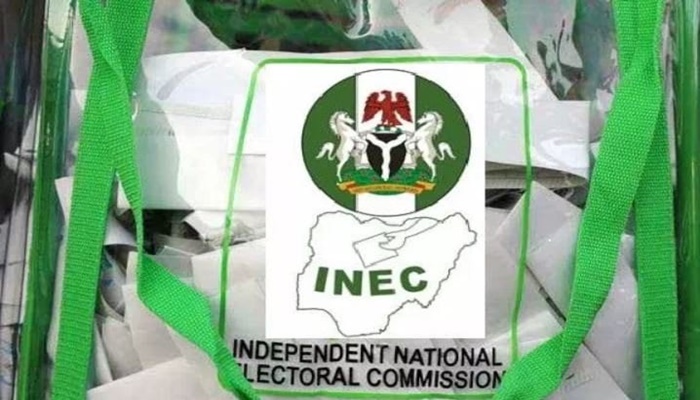
The Strengthening of Democracy in Nigeria Project has called for the decentralisation of the operations of the Independent National Electoral Commission (INEC) for greater efficiency.
Advocacy Lead, Ezenwa Nwagwu, who reiterated this while addressing a press conference on Friday in Abuja, also called on the National Assembly to prioritise electoral laws that promote inclusivity such as diaspora voting.
He assured that the civil society organisations would intensify the advocacy for electoral reforms, ensuring that the judiciary upholds impartiality in electoral disputes, and that INEC remains independent and transparent in managing elections.
He lamented that the country continues to witness electoral malpractice, political party inefficiencies, weak governance structures, and a growing distrust in the electoral process.
Nwagwu noted that these systemic failures have left the citizens disillusioned and alarmingly, have fueled sentiments that question the viability of democratic governance itself.
He stated: “But we know that military rule is not an alternative and we will never support military intervention in our political process.
“We will intensify our advocacy for electoral reforms, ensuring that the judiciary upholds impartiality in electoral disputes, and that INEC remains independent and transparent in managing elections.
“We call on the executive to revisit the Uwais Report and implement long-term electoral reforms.
“We also urge the legislature to prioritise electoral laws that promote inclusivity, such as diaspora voting and decentralizing INEC operations for greater efficiency.”
The CSO also demanded that security agencies remained neutral in electoral matters and that electoral offenders are prosecuted to serve as deterrents against political violence and malpractice.
Nwangu said while the media plays a crucial role in democracy, the CSOs would work closely with journalists to counter misinformation, promote investigative journalism, and expose governance failures that undermine democratic integrity.
He noted: “Nigeria’s democracy is at a crossroads, but we remain steadfast in our belief that a credible, free, fair, and accountable system of governance is possible.
“As civil society, we will not relent in our duty to hold power to account, to amplify the voices of the people, and to push for reforms that reflect the true will of the citizens.”






